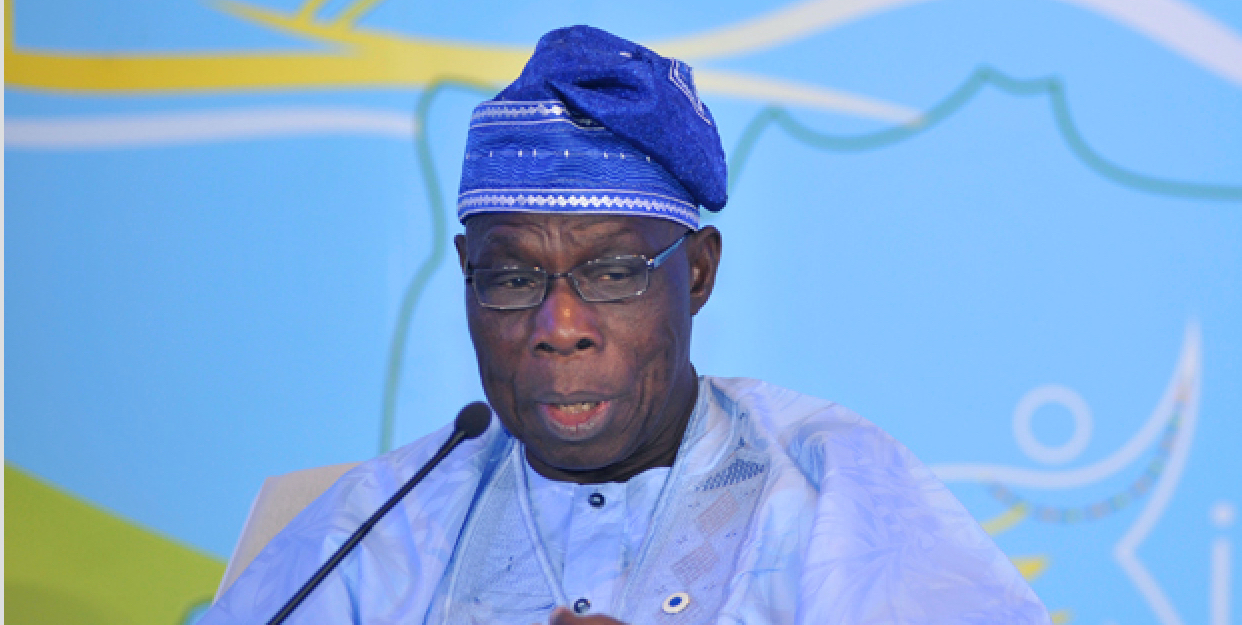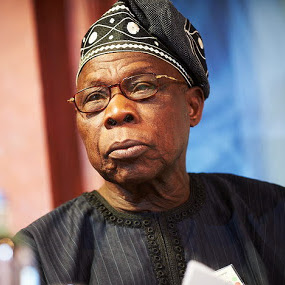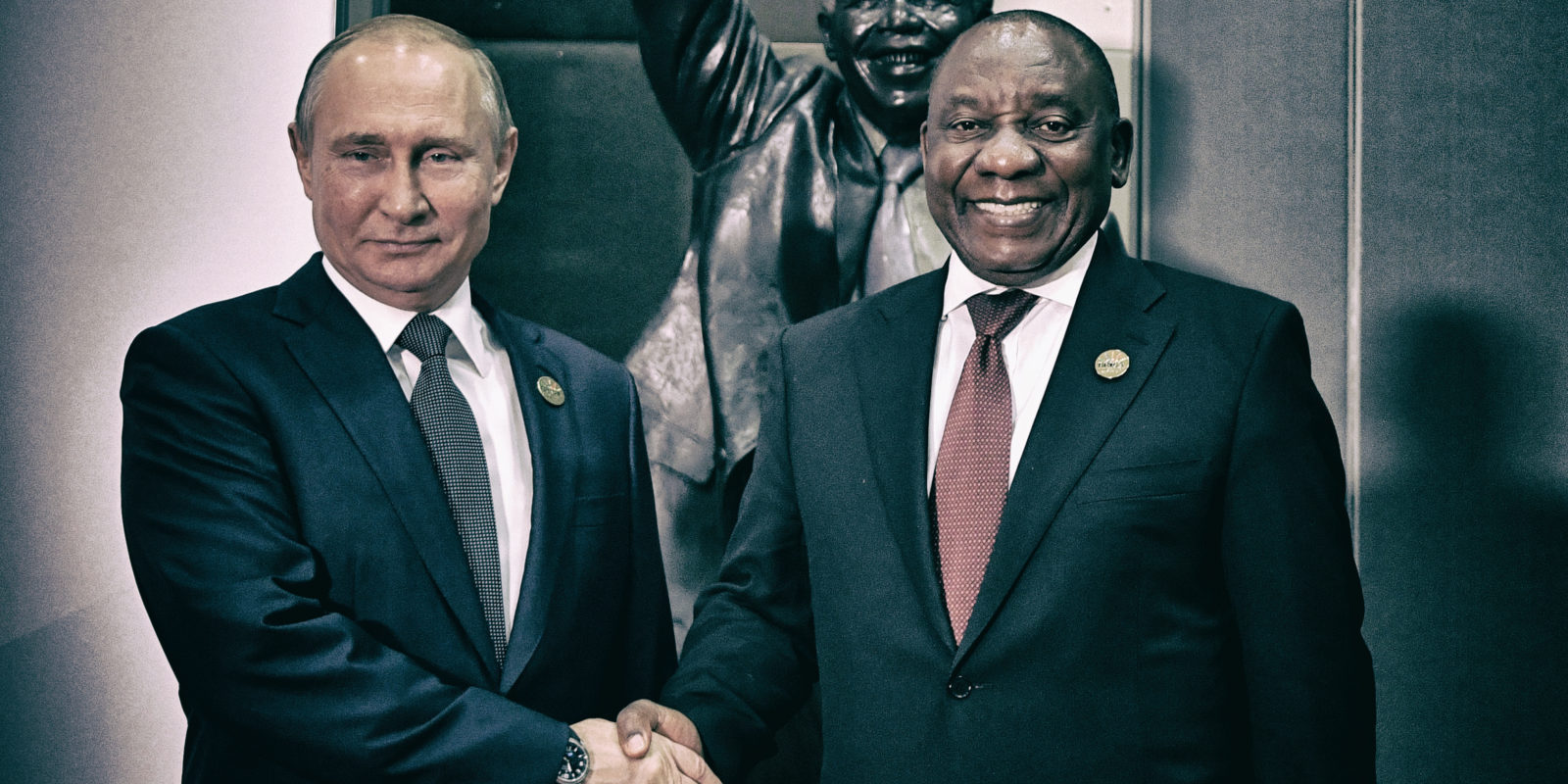News
Xenophobic attacks: Equivocation by South Africa is a silent nod of approval
I would suggest that South Africa should send emissaries to the countries concerned to explain, apologise and agree on the way forward for mutual understanding, accommodation, reconciliation, and binding the wound to promote unity, concord, and brotherhood in Africa.

We have recently witnessed renewed xenophobic attacks on foreigners in South Africa. Perhaps they should be called “Afrophobic” attacks as their primary target appeared to be African immigrants.
This is an unfortunate turn of events for South Africa and for the whole of Africa in several respects. There are only two countries in Africa that have “Africa” as part of their names: Central African Republic and the Republic of South Africa. You would think this would suggest an embrace of Africa and its people.
Instead, bands of marauding South Africans violently assaulted their fellow Africans – and Asians – and destroyed many businesses.
Of particular concern is the failure of these events to attract any serious sanction. As far as I am aware, no person has been tried, convicted or jailed for this violence despite the fact that much of it was recorded by private citizens and the mainstream media.
While there have been encouraging signs that some leaders distance themselves from these events, their condemnation has not been loud enough and has sometimes been qualified by comments about some of those who were attacked being “illegals”, as if this makes them sub-human and not worthy of the protection of the law.
If you read between the lines, this sort of equivocation is a silent nod of approval to the attacks and it makes those who fail to take a strong stand against them an accomplice in such attacks.
Nigeria’s contribution and my own personal contribution to the struggle against colonialism in southern Africa and apartheid in South Africa is well known. I must also commend others in South Africa who have taken a similar position in the overall interest of Africa.
We in Nigeria, if I may speak particularly for Nigeria, fought for liberation in different parts of Africa, particularly in southern Africa, including getting rid of apartheid in South Africa, because we believed it was our obligatory duty to do so as Africans. We, as black people, believed and still believe that we would be second-class citizens in the world if we allowed any black people anywhere in the world, not to talk of Africa, to be treated as second-class citizens because of the colour of their skin.
This is because of our belief in human dignity generally and especially African dignity. We were motivated and guided by principle and not by possession, position or praises. We were not doing it for reward or material benefit. We did it because we were convinced that it was our duty, our responsibility and our obligation to humanity and to the black race.
That is why we, in Nigeria, despite our distance from the frontline of the struggle against colonialism in southern Africa and apartheid in South Africa, became, in terms of our participation, contribution, commitment and sacrifice, effectively members of the frontline states. Whether that is recognised and appreciated or not does not matter. We believe that when solidarity was needed, we did our duty. And, if we need to open our doors in the future, out of our humanity and Africanness, for people in a similar situation of need, we will do so again.
African solidarity means Africans living in any other part of Africa must be treated as brothers and friends. If they commit any crime, they should be treated in the way citizens of that country are treated when they commit crime, which means applying judicial process.
Moreover, the South African police and other law enforcement agencies must uphold the spirit of the Constitution of South Africa, which stipulates that “the South African Police Service has a responsibility to prevent, combat and investigate crime, maintain public order, protect and secure the inhabitants of the Republic and their property, uphold and enforce the law, create a safe and secure environment for all people in South Africa, prevent anything that may threaten the safety or security of any community, ensure criminals are brought to justice and participate in efforts to address the causes of crime”.
There were occasions where the South African police failed to adhere to this clear mandate, standing aloof while miscreants and criminals committed crimes against fellow human beings. This must be condemned as it is not acceptable in any civilised society, whether it is the result of incompetence or collusion.
Political leaders should not play the game of denial, rather accept reality and work at bringing order to bear, together with the rest of Africa where necessary.
There are very serious crimes being committed that require African countries to work together. Countries in Africa are not just transit zones for drugs from sources in Latin America and Asia to be consumed by people in North America and Europe. Some countries in southern Africa and West Africa are also falling victim as their people become consumers and producers of these drugs. It requires the collaboration of producing regions, countries working with transit regions and countries in consuming regions to deal effectively with the menace of drugs as the work undertaken by the West Africa Commission on Drugs, WACD, shows.
As it is being touted that xenophobia will give South Africans jobs, I dare say it is a fallacy. Xenophobia will make investment in South Africa a little bit more difficult which will slow job creation and perhaps accelerate the loss of existing jobs. It should also be realised that most migrants do not migrate out of their country to other countries with total emptiness. Some have education, skills, experience, expertise, entrepreneurship and sheer guts which they can bring to bear on the economy of the country they have migrated to. What has helped most developed countries in the world is openness; receiving migrants with open hands and open minds. In any case, all of us in the world are migrants, no matter where we live, depending only on how far back you want to go.
If xenophobia is encouraged, South Africa will not earn the role of leadership, which can only be granted and conferred by the rest of Africa because leadership requires sacrifice, an attitude of understanding, compassion, kindness, brotherhood and hospitality. These are normal African virtues and attributes which South Africa must imbibe.

The lessons to be learned from all this is that our individual countries in Africa must have programmes that will provide livelihoods for their teeming youth population to discourage youths from embarking on hazardous journeys to places where their lives will be in danger in search of greener pastures that may not be there. Our youth too must learn that when they are in any country, they must be law-abiding, actively productive members of their host country.
At this juncture, there is a need for fence-mending, reconciliation and wound-binding between South Africa and the countries whose citizens have been victims of xenophobia and Afrophobia in South Africa.
I would suggest that South Africa should send emissaries to the countries concerned to explain, apologise and agree on the way forward for mutual understanding, accommodation, reconciliation, and binding the wound to promote unity, concord, and brotherhood in Africa.
The repatriation of Nigerians from South Africa is obviously not a permanent solution. At best it is palliative and the hurt will remain for some time. Neither is revenge a desirable solution. Mutual understanding and acknowledgement of what needs to be done on all sides is imperative and getting down to doing them is the solution that will serve Nigeria and South Africa, and indeed Africa, well, particularly in this era of African Continental Free Trade Area opportunities.
Nigeria and South Africa must stand together to champion the African cause and to jointly shepherd African development, unity, co-operation, security, and progress to make the 21st century Africa’s century. There are more measures necessary to ameliorate the situation that South Africa can take in addition to sending apologies through special envoys and raising the level of bilateral commission.
But, if South Africa fails to initiate appropriate and satisfactory steps to demonstrate that it is unreservedly against xenophobia and will jail its perpetrators, the countries whose citizens have been victims of these attacks must consider other options.
They could come together to table appropriate motions at the AU and other multilateral bodies, as well as consider other measures if the situation is allowed to continue.
This article was originally published on The Daily Maverick.


